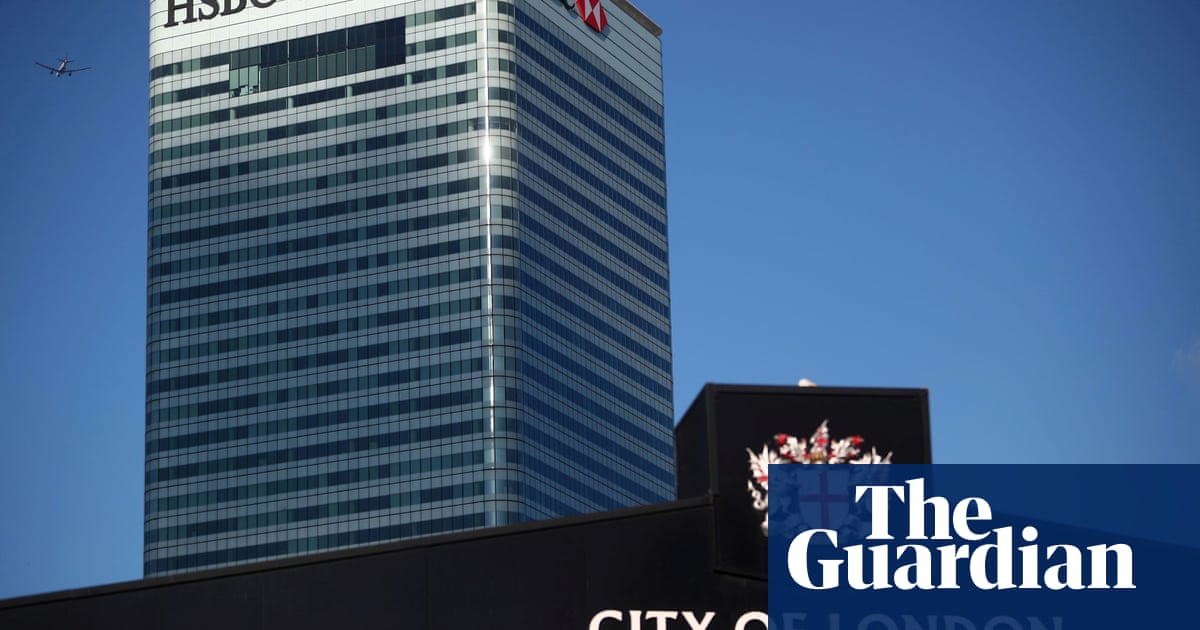
Algerias army, the heart of an opaque regime, exercised power from the shadows until it was thrust into the limelight with mass protests and the April departure of president Abdelaziz Bouteflika.
Eight months later, commanders are hoping to use Thursdays contentious presidential vote to create a "civilian facade" and return to pulling the strings backstage, analysts say.
The "Hirak" movement of massive street rallies that brought an end to veteran Bouteflikas two decades in power had an unintended effect.
"The military high command found itself, against its will, in center stage," said Moussaab Hammoudi, a PhD candidate at the School for Advanced Studies in the Social Sciences (EHESS) in Paris.
"That put it in a very uncomfortable position, because it prefers to stay hidden."
Bouteflikas departure focused the spotlight on one man in particular: army chief of 15 years, General Ahmed Gaid Salah, who overnight became the North African countrys de facto strongman.
"Even though officially hes just the deputy defense minister, hes emerged as the true master of the country," said Jean-Pierre Filiu, a professor at Sciences Po university in Paris who has written a book on the Hirak.
"The army has always been at the heart of the Algerian system."
- Army vs. Hirak -
Bouteflika resigned on April 2 after weeks of street demonstrations and calls from Gaid Salah for his impeachment.
But while the army was key to his downfall, Bouteflikas departure brought the military into direct confrontation with the Hirak and its demands for more sweeping reforms.
While Gaid Salah has championed the holding of a presidential vote on December 12, the protest movement rejects any vote as invalid until root-and-branch reforms are passed and regime figures ousted.
Protesters have continued to hold mass demonstrations every week, often shouting: "Gaid Salah, forget the vote!"
Indeed, their changing slogans have echoed changing perceptions of the armys role as protesters invoke fears of a military state.
The early cries of "the army and the people are brothers!" have been replaced with "put the generals in the trash" and even "Gaid Salah is a traitor!"
Since Algerias hard-won independence from France in 1962, the army has operated as "a state within a state", wielding discreet but vast political influence, said Kamal Cheklat, Maghreb specialist at the Centre for Sociological and Political Research in Paris (Cresppa).
"The Hirak wants to question all that," he said. That would represent "a real break in the order of things established by the Algerian military a long time ago."
But meeting the protesters demands is not on the armys agenda, he added, noting that the military establishment has attempted to force through a vote opposed by "the majority of Algerians".
That constitutes a bid to create "a civilian facade to its rule and pass on... the political, economic and social crisis to the future president," Cheklat said.
Filiu said the army "is sincerely hoping to restore the status quo and smother the Hirak by imposing the reinstatement of a front-line civilian presidency".
- No concessions -
For Flavien Bourrat of Frances Institute for Strategic Research at the Military School (IRSEM), the armys refusal to grant concessions to the protest movement is a bid to stop Algerias political transition escaping its control.
Many in Algeria still harbor dark memories of the "failed democratic transition" in the early 1990s, when the armys cancellation of elections expected to be won by Islamists sparked a decade-long civil war.
"The military hierarchy doesnt want to get (directly) involved in politics," Bourrat said.
He recalled the armys repression of protests in the late 1980s and then its role during the civil war, which seriously damaged its image.
"Algerias economic situation is extremely difficult and worrying and few people want to end up in charge of that file," he said. "Certainly not the military."
But, Hammoudi warned, the future president "will have no power over major issues. He will receive injunctions (from the army), sometimes implicit -- as has always been the case."











